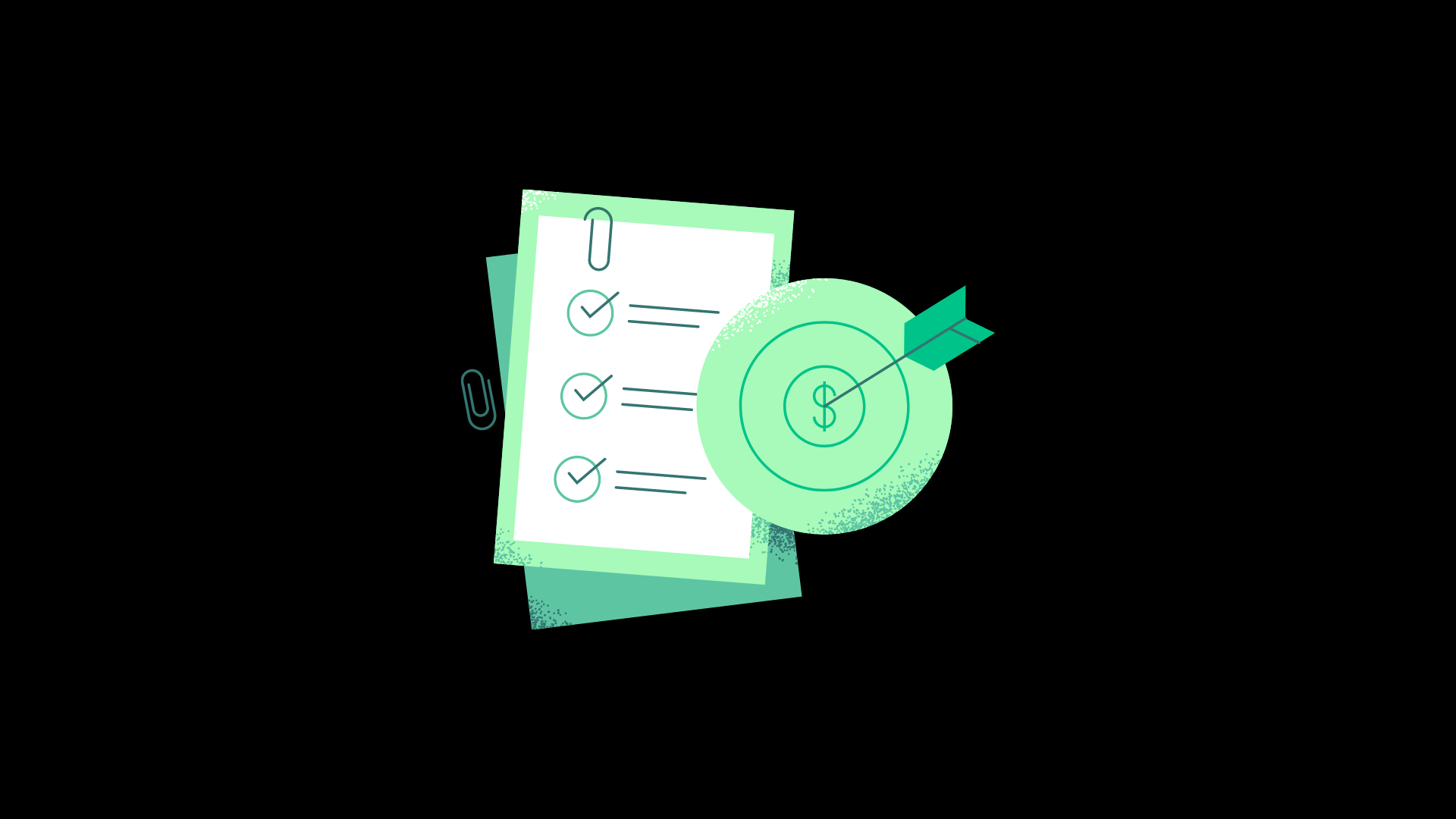With three-plus years of almost constant news headlines of consumer data leaks, data privacy laws, and pressure to secure everything, another round of new legislation is about to touch down. Keeping it all straight is quite challenging, especially with the acronyms, right?! But we’re going to try!
Freestar recognizes and respects a user’s right to their data, and that’s why we’re drilling down on what privacy policy questions help our publishers most.
Does every website need a privacy policy, even mine?
Yes, even yours! As a publisher, having one is essential for protecting yourself and your users. A privacy policy helps to ensure that you comply with federal and state laws regarding user data and industry regulations. It also helps to protect any confidential information that may be collected from users.
Not having one puts your business at risk.
What is the purpose of a privacy policy?
A clear and concise policy should explain to the user what personal information is collected, how it will be used and stored, and how it will be kept secure. You should also explain to users how they can access their data and their rights regarding the collected information.
Where should the privacy policy be linked?
Your website’s privacy policy should link within plain view on your website’s home page. Typically, this is linked in the footer or the main menu and contains the word “privacy.” Demand partners look for this, and if they are still looking for it, your website may not be approved for that partner. Users should also be able to find it, if needed, quickly.
What happens if I choose not to?
Without one, you’ll likely be violating specific laws and regulations and could be subject to penalties from the Federal Trade Commission (FTC) or other governmental agencies. Depending on the type of information being collected, you may be unable to obtain the necessary licenses and certifications to operate your website.
Because of this, your website would be subject to a fine if it is found to be collecting personal information without the user’s consent. At a starting rate of $7,500, the fines add up fast.
Furthermore, consumers may become wary of your website if they cannot find information about how their data is collected and used. This could lead them to take their business elsewhere, as they may only be comfortable giving their personal information if they know how it will be used.
Are they any other benefits to having one?
A well-crafted privacy policy can help build trust between you and your users.
By creating a comprehensive privacy policy, you can help ensure that your users feel safe and secure when using your services. Not only will this help to maintain trust between you and your users, but it will also ensure that you comply with all relevant laws and regulations.
What constitutes as data from my users?
Glad you asked. There are two kinds of data the user gives you. The stuff they know about and the things they don’t. Both types must be included in the privacy policy. Common examples include the following:
- IP address/user location
- User behaviors (related to Google Analytics tracking and others) like time on page, session time, clicks
- Browser and operating type information
- Cookies track actions cross sites
Freestar monetizes my site; what data do you collect?
You can find our privacy policy online, which discloses the data we collect, and how it is tracked, used, or stored. This changes frequently as we add and reduce third-party vendors we work with or the data we collect. For publishers we conduct advertising for, we require you to update your privacy policy to disclose our relationship, which links to our privacy policy on Freestar.com.
This way, we can update ours frequently, but you only have to update yours once. If you have any specific questions, contact our customer support team today.



